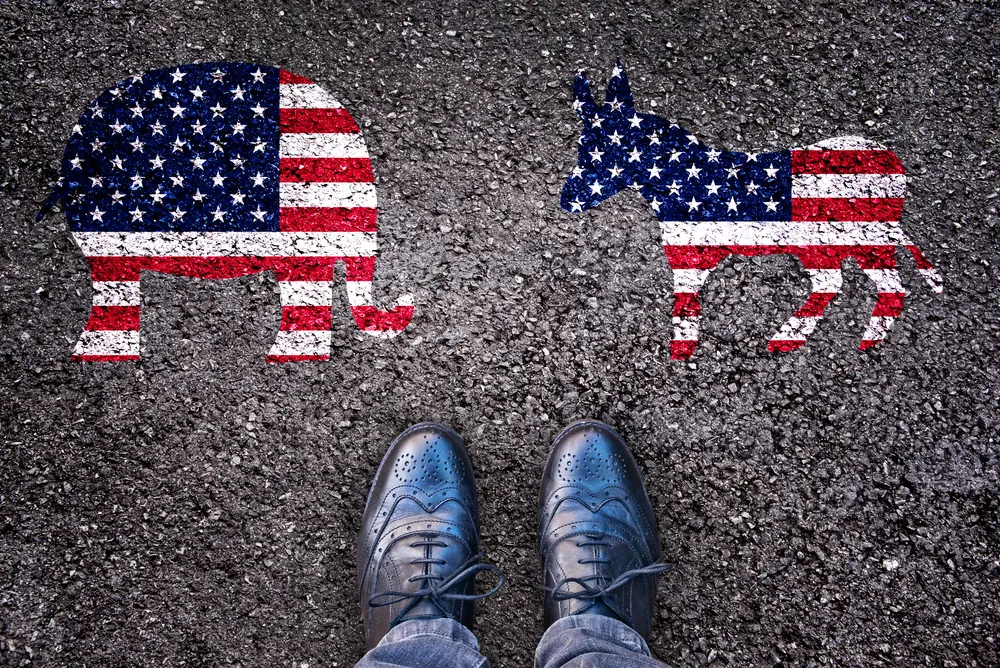Published on: July 8, 2025 at 3:59 pm
The Republican Party took advantage of the headwinds facing the Democratic Party during the cycle leading up to the 2024 U.S. election, including switching presidential candidates at a late stage and persistently high inflation, for which voters blame incumbents. Regardless of the potential effectiveness of their policy proposals, winning GOP candidates spoke to American voters’ concerns about jobs and the high cost of living as many Democrats instead painted a rosy picture of the economy.
Academy of Management Scholar Tim Pollock of the University of Tennessee, Knoxville said that, in contrast with Democrats, who focused on touting the accomplishments of the Biden-Harris Administration, more Republicans were willing to talk about voters’ concerns, anxieties, worries, grievances, and other negative feelings.
“Republican candidates were willing to say, ‘Yeah, we hear you. We are going to deal with this. We’re going to bring inflation down,’ even though inflation was already coming down, and even though many of the factors across the supply chain that might have been responsible for inflation are not actually under government control,” Pollock said. “Whatever the actual reasons are, they said, ‘We hear you, and we’re going to do something about it.’ And the Dems are citing data and saying, ‘No, things are great—unemployment is low, and the stock markets are hitting record highs.’
“But if I’m living paycheck to paycheck, I don’t care what the S&P 500 is doing,” he said. “I care about the prices of eggs, meat, and gas.”
In an ironic twist, many economists are skeptical that the Republicans’ policy proposals—sparking a global trade war with high tariffs and deporting illegal immigrants—will actually improve the economy, create jobs, or bring down inflation.
“Every economist I’ve seen, heard, or read says that they’ll do the opposite—those policies would increase inflation,” Pollock said. “Increasing tariffs would only increase costs, because they’re going to get passed on to U.S. consumers, and cracking down in immigration will cause labor shortages, etc.
“But on the campaign trail, they were saying, ‘I’m going to solve the problem,’ and people are thinking, ‘Great, because nobody else is listening to what my concerns are; nobody else says they want to fix this, and they hear me and understand what I care about,’” he said.
A sample of Pollock’s AOM research findings:












